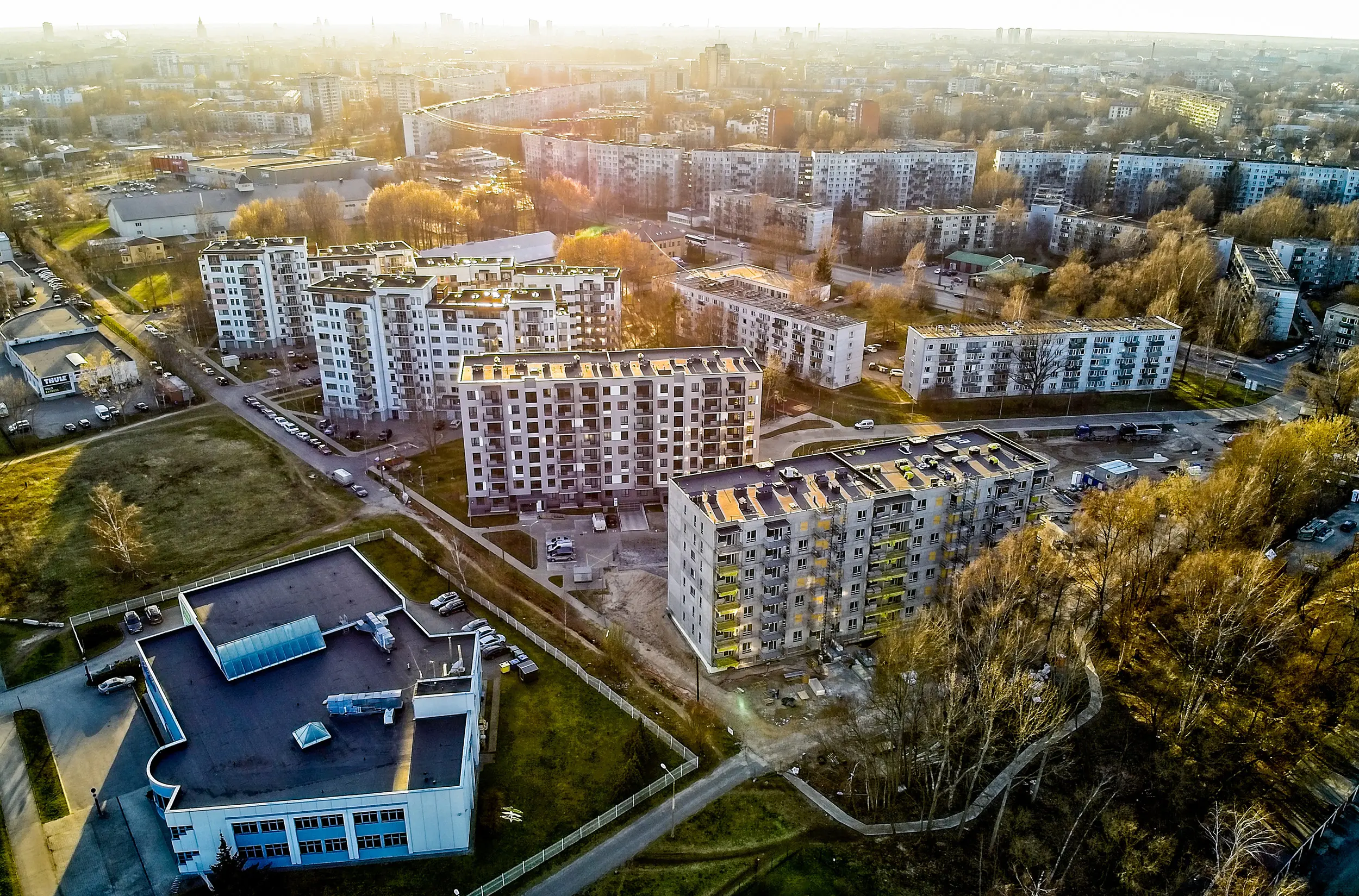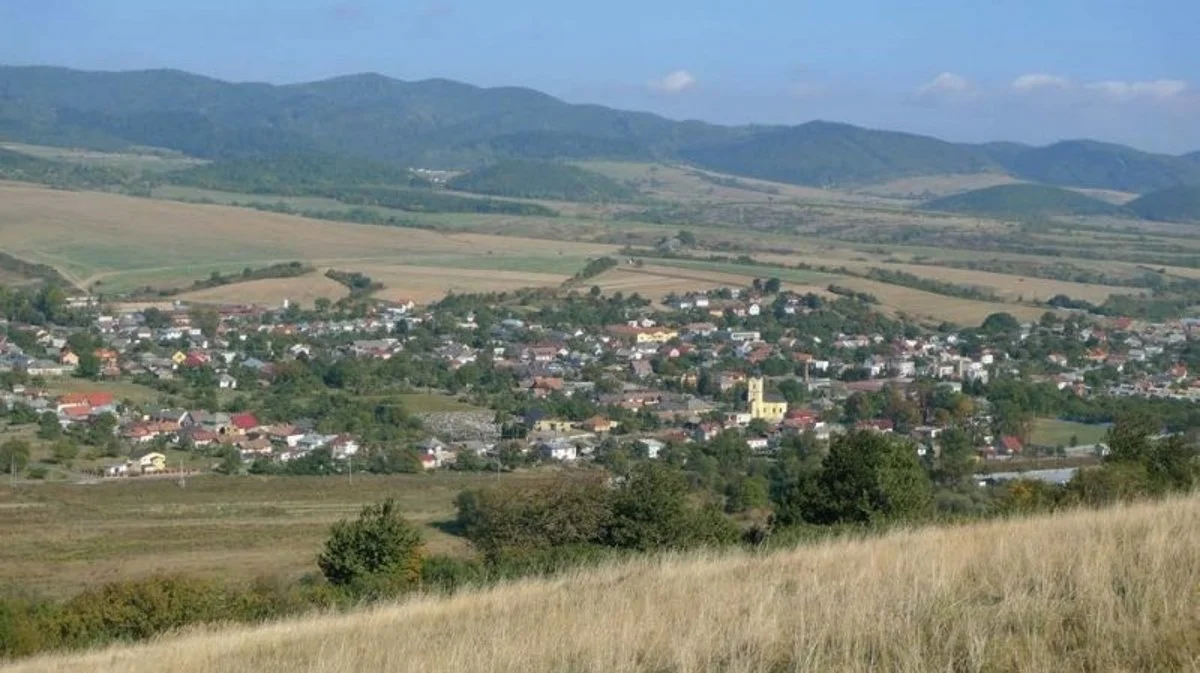A pilot project for the construction of modular houses in a Roma settlement in the town of Veľký Šariš will implement many years of experience with similar construction in the Netherlands. Well, difficult to fathom what similar constructions occurred in the Netherlands, as segregated settlements are not common there…
Alexander Daško, the Slovak plenipotentiary for Roma communities also emphasized the merit and motivational factor. “Future tenants will not get anything for free,” he declared. He explained that the condition for obtaining rental housing is participation in the construction. “The contribution will be at least 20 percent of the costs in the form of participation in the construction work.” He also pointed out that tenants will not be able to create debt on energy and water supplies, and they will also be able to reduce the set rent based on compliance with the rules. “Zero debt, compliance with compulsory school attendance of children, maintaining order, regular employment, all of this will be able to reduce the amount of rent.”
This is a total alibi exercise that builds up on stereotypes that Roma abuse the social system. The real issue are land rights, connection to municipal services (water, electricity), and of course, work.



















